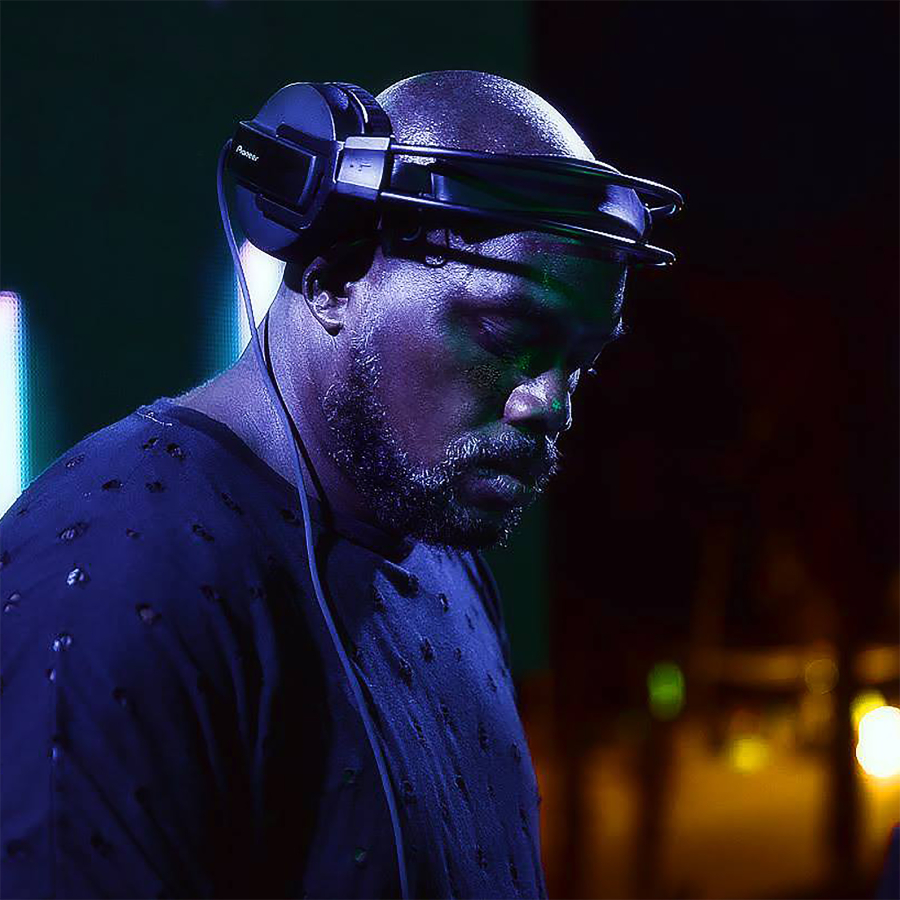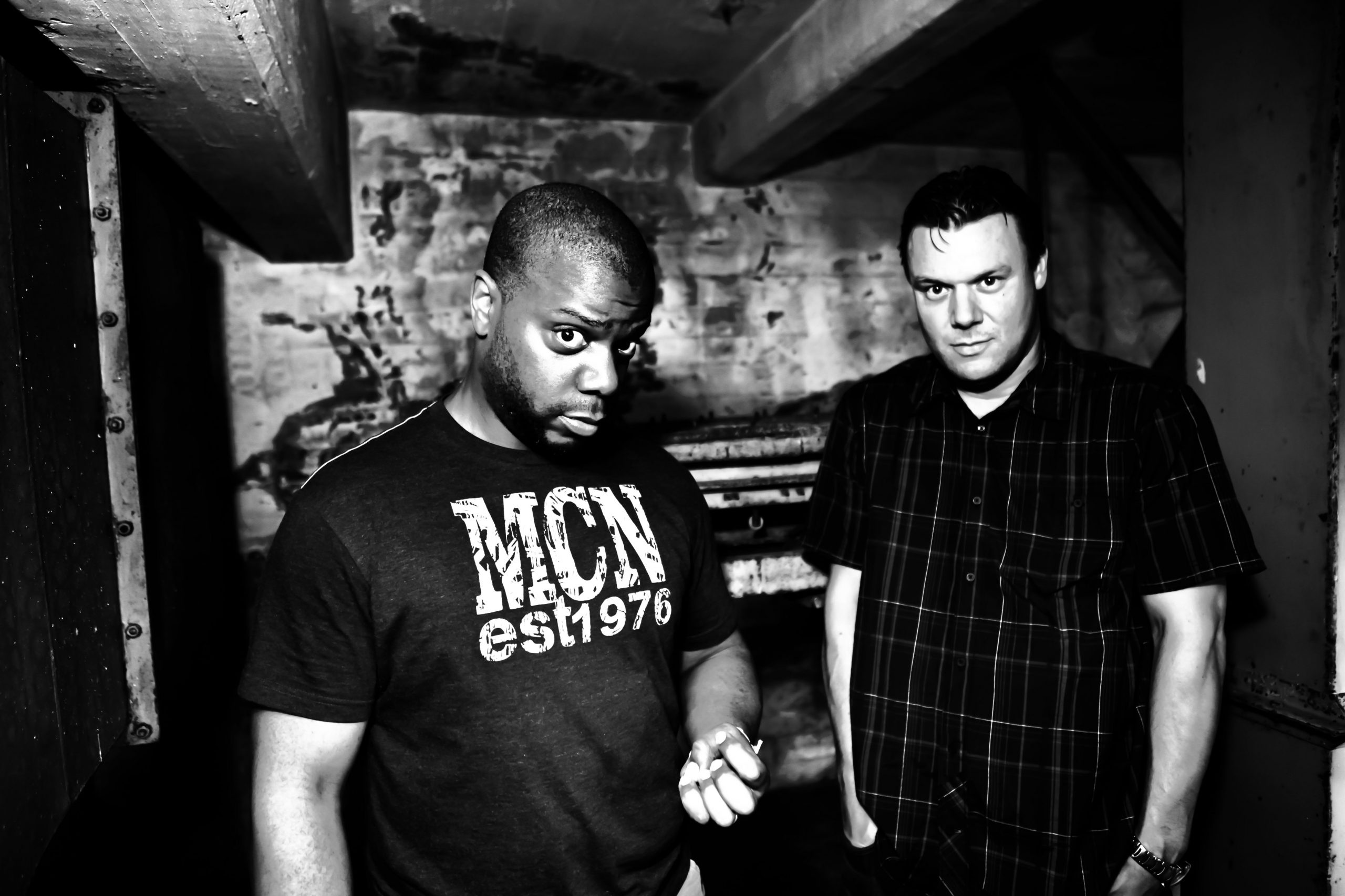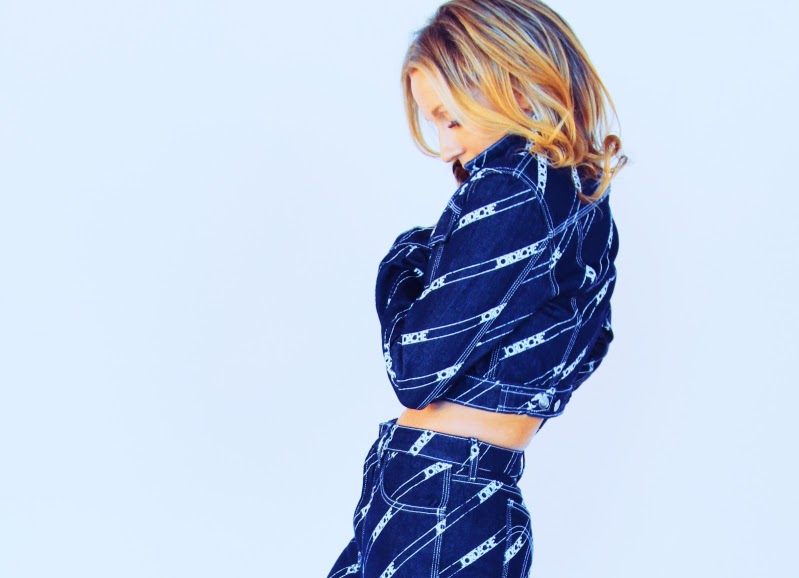Review: Högni expresses existential locomotion on ‘Two Trains’
Högni | Two Trains | Erased Tapes Records
Release date: 20 October 2017
Review by Jenna Dreisenstock
You are but a shadow locomotive of yourself; the crisp burn of cold has numbed your feet, your legs. Wheels that have been frozen solid, and left you stranded as the cargo you’ve carried with you continues to pull you down. The body of water on which you’ve found yourself has been blanketed with ice so thin, you can feel your weight pressing on it’s surface – crackling, splitting and colliding endlessly, as though it moves with the blood that stops and starts in your veins, the burning coal within your hearth. You know you have to move forward. You grow heavier each moment you remain still; the water seeping through the cracks below you. You stay, you drown. A movement, a threat; it doesn’t matter which direction you go, says your shadow self. The ice is always destined to break, your body will buckle and you will find yourself gasping for air as you struggle in the pitch black of the stinging icy water. However, when you squint hard enough, you can see the earth, the tracks beckoning to you on all sides. Even with the constant threat of the ice collapsing below you, there is a safe space that will welcome you and guide you; and perhaps that moment in which you choose to move forward, despite the uncertainty of what might happen to you – is the moment in which the heaviness, the frozen wheels of your shadow locomotive self leaves you, and you are free to move in whichever way you please. You may find yourself lost, and beginning again from the beginning in the uncertainty of where the tracks will leave you; but the choice to move forward despite everything, is the choice to accept the vast universal, yet very human reality that is within your grasp
This embrace of facing every branching decision that reveals itself before you and making that decision on which direction you should go; is terrifying, but also – liberating. Icelandic experimental, electronic and bordering on avant-garde artist Högni, of the indie rock group Hjaltalin and electronic group GusGus, takes us through his own auditory journey of what it means to be human through his debut solo album Two Trains. A personal expression of tugging dichotomies in his own life, Högni paints an auditory memoir, as steadily as a steam train – yet with the recognition that coal is finite, and train tracks aren’t always destined to remain linear.
With the rather unexpected introduction to the album ‘Andaðu‘, we are eerily greeted with the overwhelm of a chanting male chorus – a nod to traditional Icelandic romantics; the choral arrangement of the mens’ bass heavy voices, engulfing us with hair-raising darkness cult-like in nature; as though we are being surrounded by the choir, clad in black coats and trembling candles in hand. An induction, to the gloom of oneself – a beginning, almost a juxtaposition of horror and overwhelming beauty all at once
The Gregorian-esque chants are a perfect set up to the very aptly placed, second track of the album; ‘Shed Your Skin‘. The rising and falling, rising and falling of a viola welcoming us; breathing deeply – our ribcage swelling with the introduction of uncertainty; a steady, yet slow throb accompanying our calm yet, still alert, response to an unearthly initiation into the moment that has surrounded us. A sudden acceptance – a flickering rhythm guitar and a moth to a flame; with the glistening flow of Högni’s vocals, we can’t help but be swept along with him into this moment. We are presented with the lyrics “Close the door… stop the clock…pull the plug; come to me, close that door, draw the blinds; I prefer the dark.” finding this, adoption of impending twilight that has fallen upon the day, consumed by it; why fight back? The light was too bright, regardless. Peeling back the individual layers of electronic timbres, and the impassioned accompanying strings; we feel ourselves being drawn into the plethora of formidable feeling and pulsing blood flow. Juxtaposed for a second time with the fluttering guitar and striking vocals, we are presented the aforementioned lyrics, however this time instead of ending with “I prefer the dark” we are presented with “shed your skin”; perhaps, instead of succumbing to this – we can let go of it; our Gregorian shadow selves. However; it’s not that easy. Sometimes, even when we want to let go of the gloaming – we can’t. We work ourselves to push through and move forward, take life in our hands and throw ourselves into what we believe is best for us; but it’s a reality within this realm of human experience that sometimes all we have is the illusion of control; although if we come to a standstill, not moving for fear of losing the control we do have – we’ll sink deeper into ourselves, and the doors will remain shut.
In ‘Crash‘, our beginning is the strike of a powerful beat, and anxious breaths in a moment of hyperventilation and expectation. The terrifying thrill we feel when taking the wheel of a speeding car; Am I in control, or is this out of control? With the lyrics “I fell into the feeling…feel the dark of my insides” we see this acknowledgment of fear and although at a turning point , in being faced with a decision – the fast-paced breathing tires our lungs, and the anxiety is cumbersome within our body. Followed with “In my need of exceeding – I can do whatever I please.” presents with us the contrasting idea of despite the exhausting nature of this anxiety, it can also be a driving force; do we continue gasping for air and eventually run out of breath – or use that breath to take in everything we possibly can? The pulsing beats compel us forward – “And I’m lost and I’m golden, there is void in the open; just a sound and I’m broken. I remember a crashing, there was light it was flashing – through a door that was open; I can go wherever I feel.” Despite our trepidation, despite the possibility of losing control, finding ourselves lost or crashing head on into a situation; at least the doors are now open. The energy of the track continues to pick up, the beat a speeding car, nerve-wracking albeit exhilarating – the need to move, to just continue going is more desperate – the surface of sound unveils and we are presented with glitching, fluttering electronics and the slight hint of strings until; there’s nothing, except the sound of panicked breathing. Melancholic violins and violas emerge slowly amongst exasperated inhale, exhale, inhale, exhale; the time to make a decision is now. The sorrowful strings at once leave us, and the apprehensive, terrified breathing disappears; a powerful, confident beat takes control, and the need to move is no longer out of anxiety – it’s out of enthusiasm, passion. We have the slight swell of a violin revealing itself after the fourth beat of the bar, perhaps a reminder that it’s not all smooth sailing from here – but in facing our fear of crashing head on, we’ve liberated ourselves.
In it’s continued reminders that our moments and experiences in life are not just linear experiences, we have the poetic and uplifting interlude ‘Dragðu mig‘ following the liberation of ‘Crash‘ – driven by the use of classical instruments with only slight electronic influence; immediately moving onto the second interlude of the album, ‘Óveðursský‘ – which, solely consisting of men’s choral arrangements, the romantics in black coats is an immediate disillusionment from what we thought to expect.
Throughout Two Trains a theme of auditory heartbeat is evident in Högni’s use of 4/4 beats which we naturally find ourselves feeling within our chests; evident or not. This auditory heartbeat not only produces clear imagery in regard to anxiety or exhilaration but we find ourselves in a haze of reverberated heartbreak, too. In the track ‘Break Up‘, we are presented with a the raw emotional commitment of what it means to be in a long-term romantic relationship; and the very real sadness if it ultimately fails. The song disguises itself as being relatively upbeat in nature from the beginning, with influences reminiscent of soulful, R&B love songs accompanied by textural electronics. However – like a real relationship, it proves itself to have more melancholic depth than imagined – following Högni’s final vocal involvement in the song, with the subtle classical instruments we’ve come to expect with both positivity and negativity throughout the album we hear “Come along, and put your hand in mine; Come along, let’s travel to the end of time. Trust in me and I will trust in you, trust in me and our days will be forever new.” The instruments grow more dramatic in nature, the energy, from a slow accompaniment fades into a breakdown of intense, harsh and powerful keys – so bare and brutal in nature we can’t help but feel that tug on our own heartstrings. The passionate, unrestrained emotion of the keys genuinely feel as though your heart has been broken in two, and the raw sound that resonates within this feeling is not unlike the breakthrough sounds of famous classical composers such as Beethoven and Debussy. Ironically, ‘Break Up‘ is followed by probably the most upbeat, soul-driven song of the album; ‘Moon Pitcher‘, in which we experience through Högni’s ever experimental variant of sound a feeling that reminds one of the those joyful, ever fluttering butterflies one feels when thinking of – on a smaller scale, a romantic interest and on a bigger scale; a love for someone that truly makes you feel as though you’re the luckiest person on this planet.
In it’s nature, Two Trains really is as though you’re a parked locomotive, stranded with heavy cargo on a thin sheet of ice in the middle of a frozen water body. You have no idea in which direction to take yourself. There’s a constant fear of the ice cracking and breaking below you, the fear of losing control and sinking into a dark and scary place that you can’t bring yourself out of. However, there is too, a constant reminder that despite the risks and courage it takes to not only make a certain decision, but to actually push ourselves to make a decision at all; Two Trains, reminds us that whichever train we choose to take – the importance lies in that decision. Whether the trains arrive on time and take you to your desired destination, whether they are delayed or find themselves on the wrong tracks in the middle of nowhere; whether they collide, and you’re petrified as to whether you should ever get on a train again; the choices you make are not a linear series of moments, or experiences; they are experimental, raw, unexpected. However, no matter what direction we go in, if we keep going and trust ourselves – we will never just be reminders of something that could have been, stranded forever on the seaside of Reykjavik harbor.
Order Two Trains by Högni HERE
For more information follow Högni on Facebook
(Image credit: Özge Cöne)



